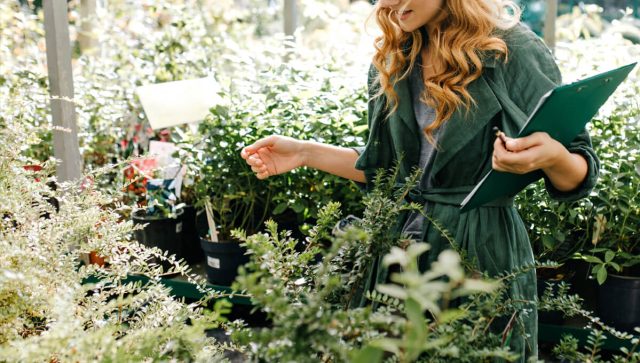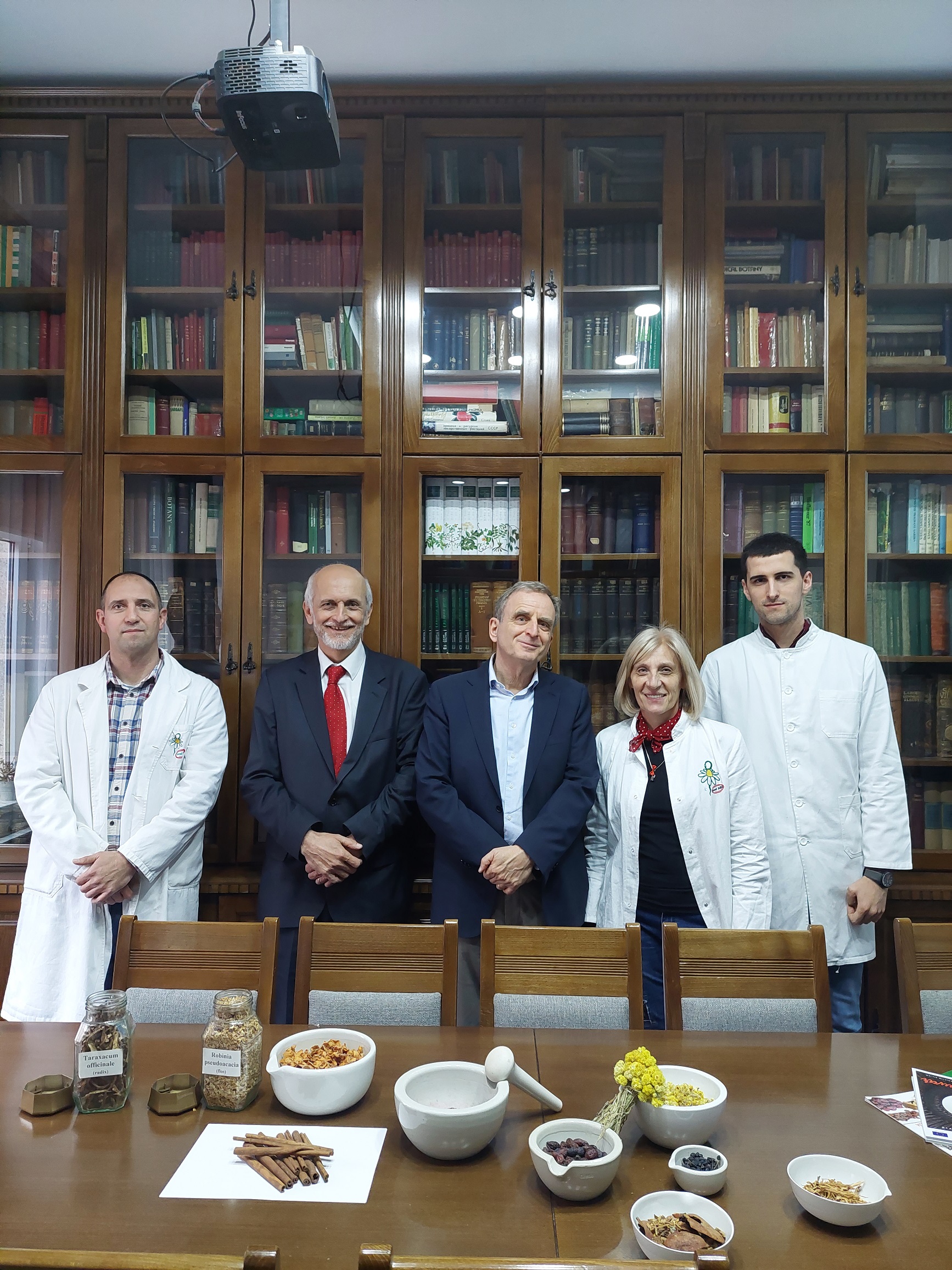The difficulty of doing business in this sector is also evident from the data of the credit rating agency CompanyWall, which shows through the financial results of previous years that companies engaged in the cultivation of spices, aromatic, and medicinal plants in Serbia are not in a favorable position. However, after two years of losses, the sector ended 2021 with a total profit of 541,000 dinars.

The demand for spices, aromatic, and medicinal plants is growing, not only in Serbia but also beyond, yet production, or supply, is becoming an increasing challenge. Droughts and labor shortages are just some of the issues faced by those engaged in collecting and cultivating these plants.
Previously, in 2019, a negative balance of -1,060,000 dinars was recorded, while in 2020, the loss amounted to 953,000 dinars. In Serbia, 95 companies operate within this sector.
According to Dr. Milan Lukić, the director of the Institute "Josif Pančić", in recent years, the trends in the production and collection of medicinal plants, as well as in their placement and sales on both domestic and foreign markets, can be described as problematic.
"The demand for medicinal plants is increasing, but the supply is becoming more limited. The price of medicinal plants is rising, production and collection costs are increasing, and imports are becoming economically more attractive, sometimes even the only solution. Similar trends have occurred in the past and had a cyclical nature," explains our interlocutor.
He points out the example of lemon balm, whose price has risen on the market, leading producers to prioritize growing this plant over wheat, corn, or sunflower.
"This led to an increase in market supply, a drop in raw material prices, a loss of interest from producers, and further reduced production and supply. This has been repeating in cycles that experienced and long-time producers knew well and could predict market trends several years ahead. Unfortunately, in recent times, the production, collection, and trade of medicinal plants are burdened with many other problems," emphasized Lukić.
Major Labor Shortage
The most noticeable problem is, above all, the labor shortage. According to our interlocutor, this challenge affects both those who secure plant raw materials through production and those who collect them from nature.
"There are perhaps even more problems with collecting herbs from nature, as there is no mechanization available, and no machine can replace a well-trained expert in medicinal plants. The number of these collectors is decreasing every year, so much so that the tradition of collecting medicinal plants, which is deeply rooted in our culture, is endangered. The solution is increasingly being found in imports, which is a great shame, considering the vast natural wealth we have when it comes to plant species. Here, the only solution is a stimulating price for collectors, which is, of course, a problem, as it makes our raw material less competitive compared to that from neighboring countries," warns Milan Lukić.
In addition to the labor shortage, producers are increasingly facing the problem of pesticides, as their use is being more and more restricted.
"While organic production was once a challenge, with the possibility of achieving higher profits through additional effort, considering the high price of organically produced raw materials, conventional production is now required to meet the same standards. This makes such raw materials closer in quality to organic ones, but without certification, and of course, with a lower selling price, while requiring significantly more work and (missing) human labor as a replacement for using pesticides in the fight against weeds. Hence the significant increase in the price of plant raw materials obtained through agronomic production," explained our interlocutor.
Another problem that has become more apparent in recent years is the evident climate change, with increasingly hot and dry summers. This is also reflected in the price of both produced and collected plant raw materials.
"Yields are declining, and some species that were once collected in large quantities here (such as zrdavac, iva grass, and kičica) are almost nonexistent. The supply of even traditionally abundant plants, such as hajdučica, kantarion, vranilova trave, and others, has decreased. In this way, the drought, which is becoming more pronounced, along with reduced labor, further disrupts the balance between supply and demand, and increases the prices of domestic raw materials," warned Lukić.
Business Success Despite Challenges
Despite all these challenges, data from the credit rating agency CompanyWall shows that, in terms of total revenue in 2021, the top company in this sector was "Live Natural" from Niš, founded in 2008. This company is involved in growing plants on over 250 hectares and also has a distillery for producing essential oils.
The latest financial report shows that "Live Natural" experienced a slight decline in business in 2020, but fully recovered in 2021.
The total revenues were 60.36 million dinars in 2019, 50 million dinars in 2020, and over 64 million dinars in 2021.
Regulation on the Control of the Use and Trade of Wild Flora and Fauna
One of the issues that has burdened all businesses involved in the trade of medicinal plants for years is the Regulation on the Control of the Use and Trade of Wild Flora and Fauna issued by the Ministry of Environmental Protection, which regulates matters in this field and protects nature and endangered species in Serbia.
"Among other things, this regulation also provides for the payment of fees for protected plant species that will be collected, which must be paid in advance for the current year, with no possibility of reimbursement if the plants are not collected for any reason. Amendments to this regulation have been planned for several years, and this year is once again mentioned as the year when changes will be made. We hope that the relevant ministry will do everything it can to make the position of medicinal plant collectors easier, without compromising Serbia's natural wealth," said our interlocutor.
Lukić gave the example that if the fee were paid retroactively, based on the collected quantities, or in advance, with the possibility of reimbursing unused funds or transferring them to the next season, it would make the price of locally collected plants more competitive in the European market compared to prices from other supplier countries that do not have this burden.
"The Institute, with its authority, but also other significant institutions (such as the Institute for Nature Conservation of Serbia and the Chamber of Commerce), will present its opinion and contribute to creating a regulation that will simultaneously protect endangered species and stimulate this activity in our country, as well as the export of plant raw materials," concluded our interlocutor.





